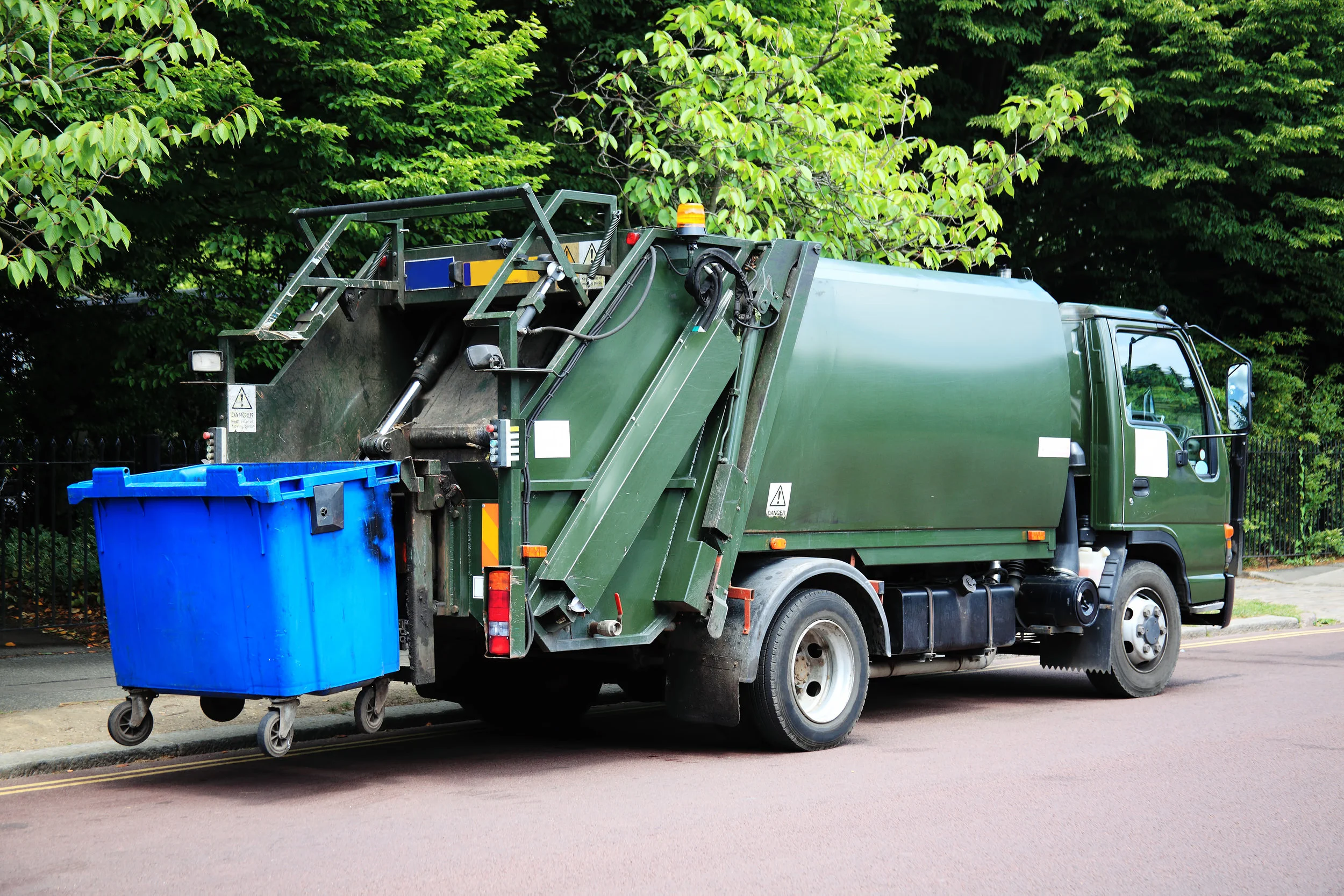How Hauler Contracts Make You Overpay on Waste Expenses: Part 2
What if news broke tomorrow morning that you didn’t actually have to pay your mortgage? That somehow, a swanky lawyer somewhere figured out that most Americans were not actually obligated to pay their mortgage?
You’d probably be elated at first. But give it a day or two, and you’d probably start thinking, “Man, think of how much we could have saved if we had known this two years ago!”
At the risk of bursting your bubble, you definitely have to pay your mortgage this month. But you don’t necessarily have to be trapped into paying your hauler invoices.
Read Part 1 of this series here!
It’s all in what your contract stipulates. We’ve helped a lot of companies significantly reduce or completely eliminate their ancillary waste fees. You don’t have to include them on your contract, and if they’re not on your contract, you don’t have to pay them.
I’ll show you what I mean. Let’s look at some common contract fees that can be reduced or eliminated.
Your Hauler Invoice: Deconstructed
Take a look at your most recent hauler invoice. You’ll likely see a few fees listed near the bottom of your invoice, like this one.
You’ll notice there are three fees listed in the left hand column: a container service plan, a fuel/environmental charge and a regulatory cost recovery charge.
These are just three examples of waste fees that can be reduced or avoided altogether on your contract.
Pull out your most recent invoice, and see which of the following fees you’re being charged.
Want to stop overpaying? Download our free Guide to Reducing Your Waste Expenses!
The Most Common Waste Invoice Fees
There are dozens of waste fees that can appear on your invoices, but I’m going to focus on the ones you’re most likely to see.
Container Service Plan: This is a fee that was automatically added to most Waste Management Accounts a few years ago. Enrollment in this plan (involuntary though it may be) allows you to replace your container ev as necessary. But most people don’t need to replace their garbage container frequently - some of our customers have containers that over 5 years old and still look fine.
So do you really need to be a part of this plan? Probably not.
Container Refresh fee: This one is specific to one of the biggest haulers out there, Republic. Republic has a fee called a “Container Refresh” fee that allows the customer to get a no-cost swap out of their container every 2 years. Which sounds great - if your container gets rusted out, you can replace it for free.
But most containers are good for much longer than that. This is a good example of a service that seems like it’s there to serve you, but is actually in the haulers best interest. Haulers wouldn’t offer it if they didn’t profit from it. They know most of their customers will pay $10 a month for a service they will never use.
Fuel/environmental fee: Almost everyone gets this charge on their invoice. Basically, the hauler is charging you for the gas it takes to get to your site and deliver your trash to the dump. But here’s the thing - they charge everyone on their route a fuel fee. They are more than recouping the cost of gas.
And those fuel charges add up. The location that got the invoice above is being charged almost $60 a month, or $720 a year. Supposing this is a three year contract, that’s $2160 they could be saving!
Recycling recovery fee: This fee is charged by the hauler to transfer your recyclable material from your site to the drop off site. You may rightly ask, “Well, aren’t they charging me already for fuel? What exactly does this fee cover?” Herein lies the problem. This charge often isn’t actually covering anything - it’s just another fee that the haulers often tack on because they can.
Minimum tonnage fees: The hauler will charge you this fee when the containers weight is below a specific threshold. These fees typically only apply to roll-off or open-top accounts. In other words, they are charging you for not having enough garbage in the container.
Basically, when you incur this fee, the hauler is saying “I made up this rule, and you broke it, so you have to pay.” The dump site does not charge a minimum fee - this is just something the hauler makes up because, well, they can.
Psst! See all of our resources on how to stop overspending!
Administrative fees: Typically charged if a client elects to receive paper invoices instead of electronic delivery of invoices. Most of the time, this administrative fee is pretty small - less than ten dollars per month. But small does not equal fair! You shouldn’t pay a penny more than you need to on your waste disposal.
Regulatory Cost recovery fee: Some haulers, (like Waste Management) will charge this fee to cover costs in other regions - not necessarily yours. Your fees go towards paying other people’s garbage disposal.
You Don’t Have to Overpay on Contract Fees
The fees in the list above - and a whole lot more that we haven’t mentioned - are not required to be in your contract. Local and state governments don’t mandate these; they exist because your hauler wants to make more money.
If you aren’t interested in overpaying anymore, fill out our contact form! We’d love to hear from you. Or, let us know your thoughts in the comments below!



